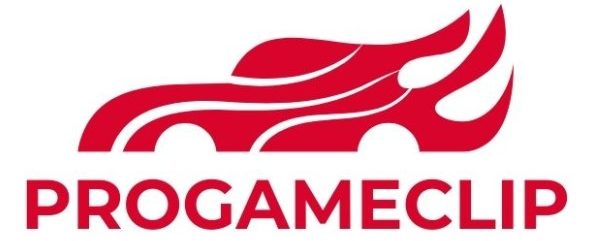In the rapidly evolving landscape of finance, Decentralized finance has emerged as a disruptive force, redefining traditional financial systems through innovative blockchain technology and decentralized protocols. This article explores the fundamentals of DeFi, its implications for the future of finance, and the opportunities it presents for individuals and businesses worldwide.
Understanding Decentralized Finance (DeFi)
Decentralized finance, or DeFi, represents a paradigm shift from centralized financial systems to peer-to-peer transactions facilitated by blockchain technology. Unlike traditional finance, which relies on intermediaries like banks or brokerages, DeFi platforms operate autonomously through smart contracts, enabling direct interaction between participants without geographical limitations.
Key Components of DeFi
- Smart Contracts: Smart contracts are self-executing agreements coded on blockchain platforms like Ethereum. These contracts automate transactions and enforce terms without the need for intermediaries, ensuring transparency and reducing operational costs.
- Decentralized Exchanges (DEXs): DEXs facilitate trustless trading of cryptocurrencies and tokens directly between users. These platforms eliminate the need for third-party custody and provide enhanced liquidity, lower fees, and greater user control over assets.
- Lending and Borrowing Protocols: DeFi platforms offer decentralized lending and borrowing services, where users can lend their crypto assets to earn interest or borrow funds by collateralizing their digital holdings. This innovation democratizes access to credit and liquidity, fostering financial inclusion globally.
- Stablecoins and Payment Solutions: Stablecoins, pegged to fiat currencies or commodities, provide stability in value and facilitate seamless transactions within the DeFi ecosystem. These digital assets enable fast, low-cost remittances and cross-border payments without traditional banking intermediaries.
Opportunities in Decentralized Finance
- Financial Inclusion: DeFi promotes financial inclusion by providing access to financial services for underserved populations worldwide. Individuals without access to traditional banking services can participate in DeFi ecosystems, enabling greater economic empowerment and opportunity.
- Earning Passive Income: DeFi protocols offer opportunities for users to earn passive income through yield farming, liquidity provision, staking, and participating in governance mechanisms of decentralized platforms. These activities generate returns on invested capital within a decentralized and transparent framework.
- Innovative Investment Instruments: DeFi introduces novel investment opportunities such as decentralized insurance, synthetic assets, prediction markets, and tokenized real-world assets. These instruments enable investors to diversify their portfolios and hedge against market risks in a decentralized manner.
Challenges and Considerations
Despite its transformative potential, DeFi faces challenges that require careful consideration:
- Security Risks: Smart contract vulnerabilities, hacking incidents, and platform exploits pose risks to user funds and platform integrity. Rigorous security audits, robust risk management practices, and decentralized governance mechanisms are essential to mitigate these risks.
- Regulatory Landscape: The regulatory environment surrounding DeFi is evolving, with varying regulatory frameworks globally. Clarity in regulatory guidelines and compliance requirements is crucial to foster institutional adoption and ensure sustainable growth of DeFi ecosystems.
- Scalability and User Experience: Scalability limitations and complex user interfaces hinder widespread adoption of DeFi applications. Innovations in blockchain scalability solutions and improvements in user experience design are necessary to enhance accessibility and usability for mainstream users.
Conclusion
Decentralized finance represents a transformative shift towards a more inclusive, transparent, and efficient global financial system. By leveraging blockchain technology and decentralized protocols, DeFi empowers individuals and businesses to participate in a decentralized economy built on trust, innovation, and financial autonomy.
